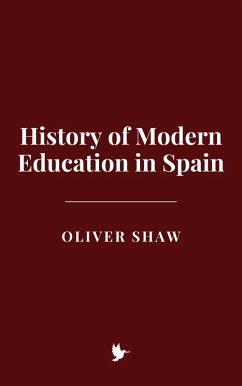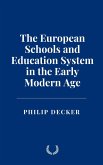This work explores the evolution of Spain's education system, from its development under the Francoist regime to its modernization and reforms in the post-Franco era. It traces key moments in Spanish educational history, highlighting significant changes such as the implementation of the
Ley Moyano in 1857, the establishment of the Second Spanish Republic's educational reforms, and the impact of Spain's transition to democracy in 1975. The analysis delves into the integration of regional autonomy in education, the challenges posed by the growing digital economy, and the ongoing efforts to make education more inclusive, equitable, and responsive to the demands of a globalized world. The study also examines the role of education in addressing socio-economic inequalities, the increasing importance of digital literacy, and the incorporation of sustainability and social justice into Spain's educational frameworks. By analyzing primary sources, educational policies, and socio-political trends, this work offers a comprehensive understanding of how Spain's education system has evolved and the key challenges it faces in the 21st century. It concludes by discussing Spain's position in the global context of education and its ongoing efforts to prepare students for the complexities of a rapidly changing world.
Dieser Download kann aus rechtlichen Gründen nur mit Rechnungsadresse in A, B, CY, CZ, D, DK, EW, E, FIN, F, GR, H, IRL, I, LT, L, LR, M, NL, PL, P, R, S, SLO, SK ausgeliefert werden.









